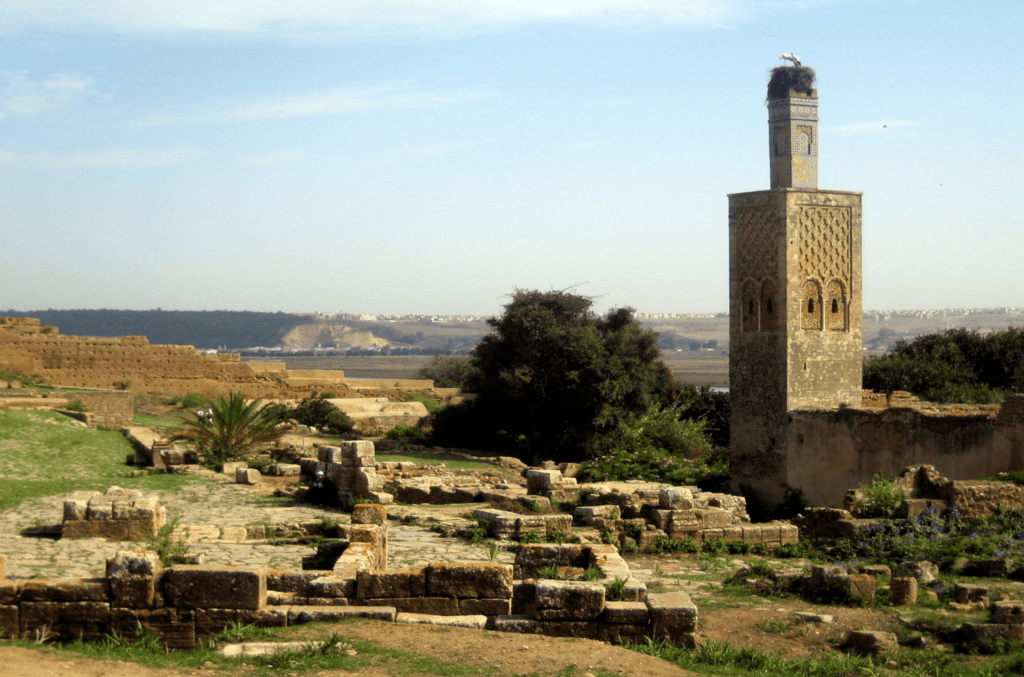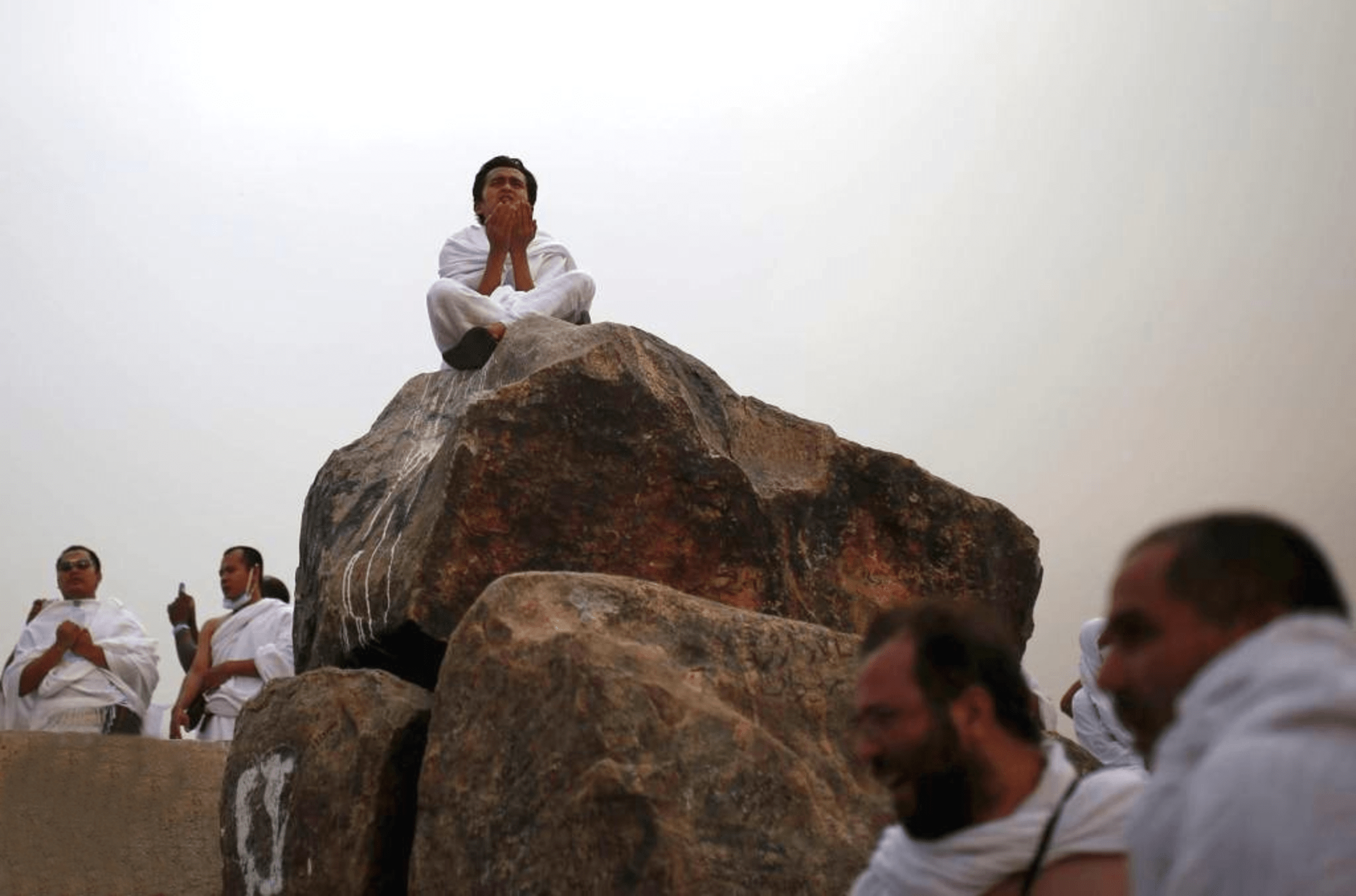The second thing you should do in your du‘ā’ is send salawāt upon the Messenger of Allah ﷺ.
‘Indeed, Allah and His angels send blessings to the Prophet. O you who believe, invoke Allah to bless him, and send your salām (prayer for his being in peace) to him in abundance.’ (33:56)
What do the Salawat mean?
(صَلِّ (صَلَّى / اَلصَّلَاةُ عَلى النَّبِي
O Allah, have mercy upon Muhammad and praise him in the lofty assembly i.e. amongst the elite angels who are close to Allah.
Salāh also means ‘honour him’ i.e. honour him in the world by elevating his mention, granting victory to his dīn and preserving his sharī‘ah; and honour him in the hereafter by rewarding him abundantly, accepting his intercession on behalf of his ummah and granting him the loftiest station of glory (maqām mahmūd). (Ibn Hajar quoting Halīmī in Fath al-Bārī)
(سَلِّم (سَلَّمَ/ اَلسَّلَامُ على النَّبِيِّ
O Allah, send peace upon Muhammad; protect him, keep him safe from harm and take care him.
Thus salāh is the acquisition of all good and salām is the protection from all evil.
The Messenger of Allah ﷺ said: “The closest of people to me on the Day of Judgement will be those who send the most salāh upon me.” (Tirmidhī)
Why do we invoke Salawat upon the Messenger ﷺ?
Sending abundant salāh upon the Messenger ﷺ is a manifestation of our love, reverence and obedience to him. He was sent as a mercy for mankind, and always remembered and worried about us.
On one occasion he ﷺ lifted his hands and while weeping, invoked,: “O Allah! My ummah, my ummah!” Allah sent Jibrīl (‘alayhis-salām) down with the glad tidings: “Muhammad, surely we will please you in regards to your ummah and we will not cause you grief.” (Muslim)
In every salāh, he ﷺ would ask Allah to forgive us. (Ibn Hibbān) He ﷺ missed us and yearned to see us. He ﷺ once said: “I wish to see my brothers!” The companions (radiy Allāhu ʿanhum) asked him: “O Messenger of Allah, are we not your brothers?” He ﷺ replied: “You are my companions, but my brothers are those who have not yet come in the world. I will welcome them at the hawd (blessed fountain).” (Nasā’ī)
Unlike the other messengers who had their exclusive du‘ā’ accepted in this world, the Messenger ﷺ reserved his du‘ā’ for the Day of Judgement where he will intercede on our behalf. (Bukhārī)
‘Du‘ā’ is suspended between the heaven and the earth and none of it ascends until you send salawāt upon your Prophet ﷺ.’ ‘Umar ibn al-Khattāb (raḍiy Allāhu ʿanhu)
‘Whoever wants to ask Allah for his needs, let him start by sending salawāt upon the Prophet ﷺ then ask for what he needs, and then end his du‘ā’ with salawāt (again) upon the Prophet ﷺ. For sending salawāt upon the Prophet ﷺ will be accepted, and Allah is too generous to refuse (the du‘ā’ made) between the two salawāt.’ (Abu Sulaymān al-Dārānī raḥimahullāh)
Click here for Step Three: Ask Allah by His Beautiful Names and His Oneness






